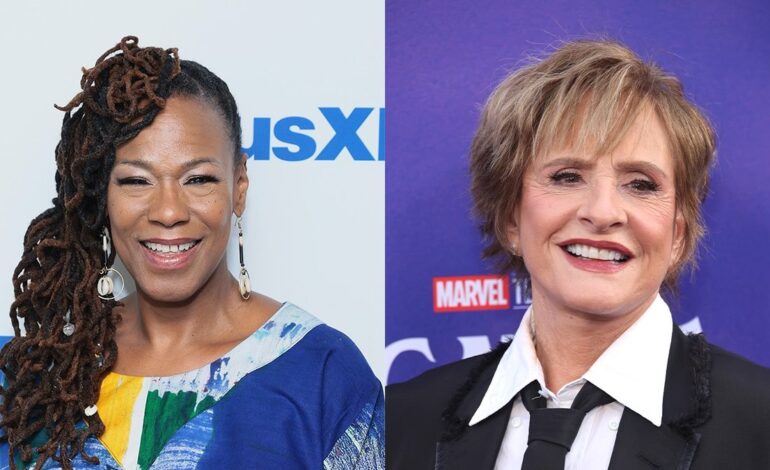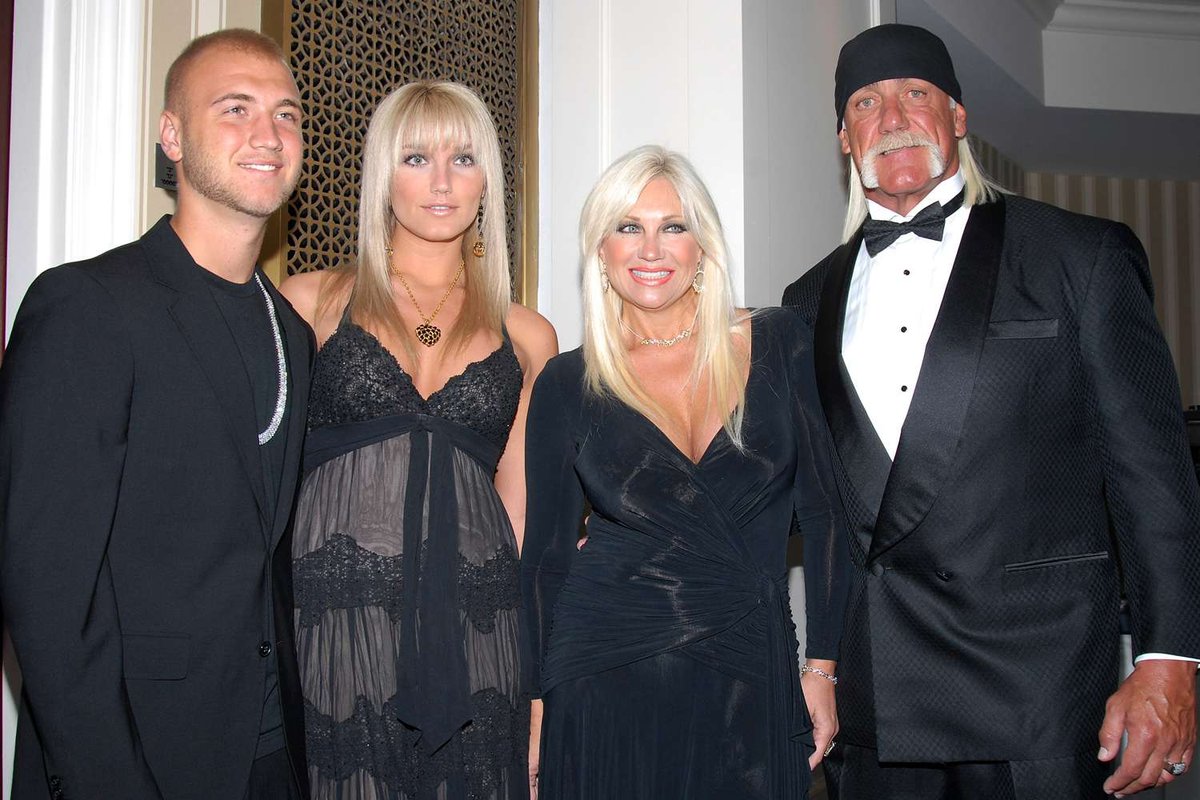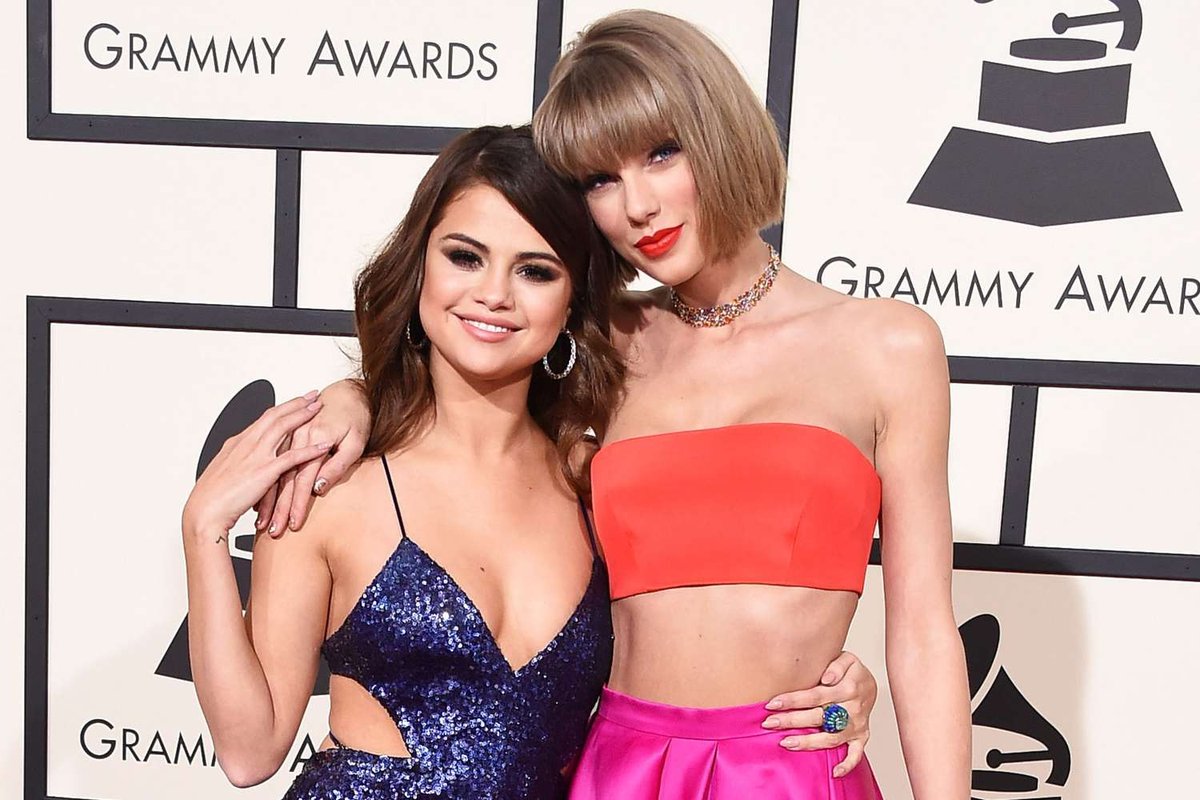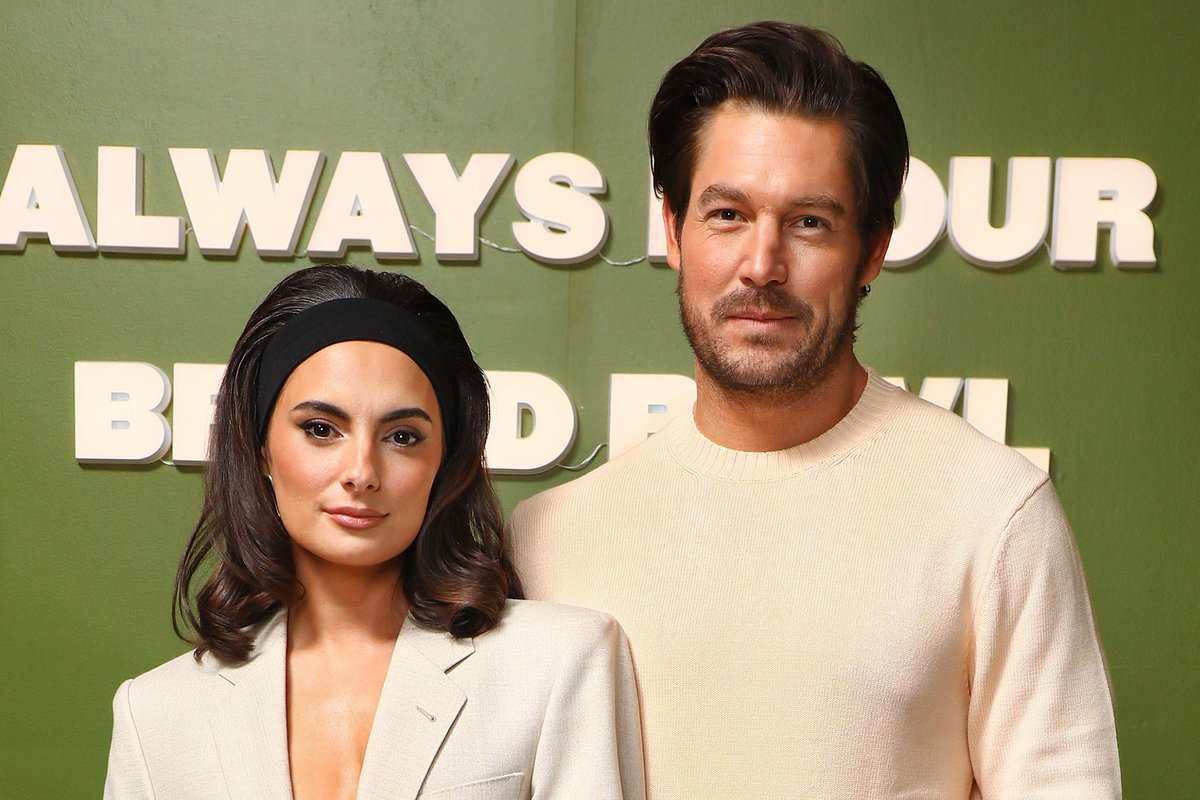Patti LuPone’s Apology Sparks Broadway Casting Debate

Objective analysis, evidence-backed context—here’s how Patti LuPone’s apology unfolded and what it means for Broadway’s evolving landscape. In a recent New Yorker interview published January 2024, veteran stage star Patti LuPone formally addressed remarks she made last year about fellow Tony winners Audra McDonald and Kecia Lewis. LuPone had suggested that an influx of color-conscious casting was displacing longtime performers, a comment that ignited swift backlash across social media and industry circles. Her written apology, corroborated by direct quotes in The New Yorker and detailed in a follow-up Variety report, emphasizes regret over any personal offense to McDonald or Lewis while reaffirming her commitment to artistic excellence.
Turning to the timeline, LuPone’s original critique appeared in a November 2023 podcast transcript widely circulated online, where she remarked that “there are too many people of color” filling roles she once coveted. Variety documented how fans of McDonald and Lewis responded on Twitter, with hashtags like #RespectOurLegends trending within hours. In early December, People Magazine reported that McDonald declined to comment publicly, but close associates described her as “deeply disappointed.” Kecia Lewis, reached by BroadwayWorld, said she hoped the controversy would become “a turning point rather than an endpoint” for inclusive casting conversations.
Examining the data, Theatre Communications Group figures show that Broadway’s percentage of roles filled by Black women rose from 7 percent in 2018 to 11 percent in 2023. This uptick correlates with a 14 percent increase in average weekly grosses for shows featuring diverse casts, per Broadway League statistics. Yet veteran performers often voice concerns about balancing equitable representation with preserving classical repertory. LuPone’s apology acknowledges that tension, stating in The New Yorker, “My frustration was with systemic shifts, not with any two artists whom I respect profoundly.”
Industry experts weigh in on the broader implications. Casting director Susan Charney tells Variety that mentorship programs bridging emerging talent and seasoned stars could alleviate perceived zero-sum dynamics. Meanwhile, cultural critic Dr. Marcus Fields argues in The Guardian that headline-grabbing spats amplify divide rather than fostering collaboration. Both perspectives underscore the need for structured dialogues—something LuPone vowed to pursue by joining a new Broadway Equity Task Force convened by the League of Professional Theatre Women.
This episode illustrates how a single remark from a marquee name can ripple through multiple media platforms and reshape policy discussions. By issuing a public apology backed by reputable sources, LuPone seeks to shift the narrative from individual blame to collective progress. The debate over art versus advocacy remains unresolved, yet this incident may serve as a catalyst for more nuanced exchanges.
More updates will follow as this story continues to develop. Stay informed, stay critical, and follow the facts.
Sources: Celebrity Storm and The New Yorker, Variety, People Magazine
Attribution: Creative Commons Licensed




